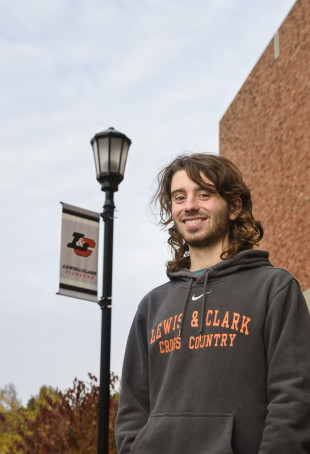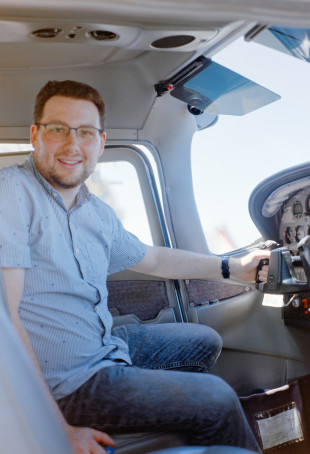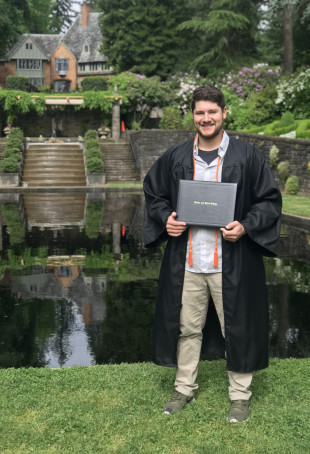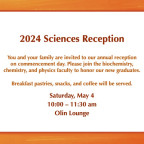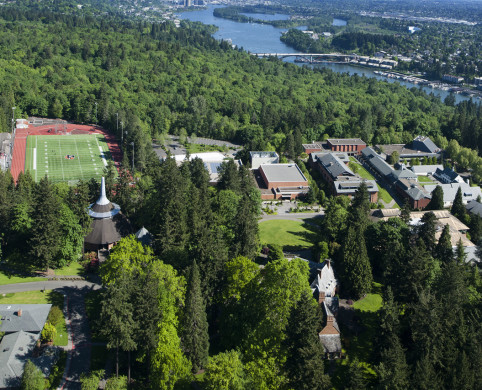- <a href="/live/image/gid/78/width/650/86493_Physics_main_image.jpg" class="lw_preview_image lw_disable_preview" tabindex="-1"><picture class="lw_image lw_image86493"> <source type="image/jpeg" media="(max-width: 500px)" srcset="/live/image/gid/78/width/500/height/479/crop/1/86493_Physics_main_image.rev.1607650000.jpg 1x, /live/image/scale/2x/gid/78/width/500/height/479/crop/1/86493_Physics_main_image.rev.1607650000.jpg 2x, /live/image/scale/3x/gid/78/width/500/height/479/crop/1/86493_Physics_main_image.rev.1607650000.jpg 3x"/> <source type="image/jpeg" media="(min-width: 501px)" srcset="/live/image/gid/78/width/720/height/690/crop/1/86493_Physics_main_image.rev.1607650000.jpg 1x, /live/image/scale/2x/gid/78/width/720/height/690/crop/1/86493_Physics_main_image.rev.1607650000.jpg 2x, /live/image/scale/3x/gid/78/width/720/height/690/crop/1/86493_Physics_main_image.rev.1607650000.jpg 3x"/> <img src="/live/image/gid/78/width/720/height/690/crop/1/86493_Physics_main_image.rev.1607650000.jpg" alt="" width="720" height="690" srcset="/live/image/scale/2x/gid/78/width/720/height/690/crop/1/86493_Physics_main_image.rev.1607650000.jpg 2x, /live/image/scale/3x/gid/78/width/720/height/690/crop/1/86493_Physics_main_image.rev.1607650000.jpg 3x" data-max-w="3200" data-max-h="3067" loading="lazy"/> </picture> </a><div class="hero-split_image_caption collapsable-caption"></div>
Physics
As a physics major, you will study the fundamental principles that govern the behavior of the universe—the laws and intrinsic properties of forces and matter, motion, cause and effect, and space and time. Our location close to Oregon Health & Science University, Nike, and Intel will provide you with opportunities to put that knowledge to work, giving you easy access to collaborations, internships, and employment.
Why Choose a Degree in Physics?
Our curriculum for physics majors is thorough, rigorous, and diverse. At Lewis & Clark, you will benefit from access to well-equipped and well-managed machine and electronics shops and to a research astronomical telescope, and your life will be enriched by the amazing concepts and valuable skills you will learn. Our students are prepared for successful careers in physics, engineering, or any other field that requires creativity, logic, and commitment.
What You’ll Study
From the structure of the atomic nucleus, to the fundamental processes taking place in living cells, to the large-scale structure and evolution of the universe, the realm of physics is both well-traveled and yet still full of uncharted territory. Our program teaches key foundation material in theoretical, computational, and experimental physics, as well as a broad spectrum of mathematical approaches. In addition, our students pursue creative individual projects that are aligned with their personal interests and engage in cutting-edge, faculty-supervised scientific research. Research opportunities are available through classes and the paid Rogers Summer Science Program. Many of our students earn course credit while on an overseas program. Our 3-2 preprofessional engineering programs with partner schools enable you to pursue careers in mechanical engineering and other applied fields.
Outside the classroom, the department hosts colloquia that provide stimulating exposure to cutting-edge scientific work.
Complement Your Education With One of These Minors
The most popular minors for our physics majors are data science, Earth system science, and mathematics.
- Sean Richardson BA ’20
Multivariable Calculus has been my favorite course because it challenged me to think about math visually.
Computer Science and Mathematics, Physics (double) | Portland, OregonMore about Sean
What Can You Do With a Degree in Physics?
Our alumni use their BA in physics in a wide variety of careers, including academia, industry, patent law, and medicine. Many students also pursue one of our 3-2 preprofessional engineering programs and become successful engineers.
Dedicated Faculty
Our expert professors are your expert mentors. You will learn directly from faculty (no graduate assistants here!) that are nationally recognized in their fields of study and who love to work with and learn from their students. Your professors will inspire you to be a thoughtful and passionate participant in a diverse world. Your small classes will support you as you explore new ideas, find your voice, and speak your truth.
Physics faculty rely on their students to be collaborative researchers in the lab, providing an opportunity that’s rarely available to undergraduates at other schools. Students are frequent coauthors on peer-reviewed faculty publications and professional presentations.
- Top 100
Lewis & Clark is in the top 100 on U.S. News & World Report’s 2023–24 “Best National Liberal Arts Colleges” list.
- 19
Average class size for undergraduate students
- 10%
of our undergraduate students are from outside the U.S.
- Top
For the seventh time in 10 years, Lewis & Clark has been named a Fulbright U.S. Student Program Top Producing Institution for 2023–24.
- 4-5-6
Lewis & Clark’s 4-5-6 Commitment can help you make the most of your future.
Invest in Yourself
A private liberal arts education is often more affordable than you think. Last year, Lewis & Clark distributed over $74 million in assistance from institutional, federal, state, and private sources. Additionally, we’re so confident that our first-year students will graduate in four years with their bachelor of arts degree that if you don’t, we’ll cover the extra semester of tuition.
Find Your People
Students can join a variety of student-run organizations that relate to their physics major, like the Math Club and Physics Club. Don’t see what you’re looking for on the club list? Start something new and build your own community of peers!
Where Lewis & Clark Will Take You
- KJ MoChroi BA ’18
I have had the incredible opportunity to teach a couple courses as an adjunct instructor at LC since graduation. I have been able to provide mentoring and guidance to students there just as I received myself as a student.
Mathematics and PhysicsMore about KJ - Ben Glick BA ’20
I’ve been part of the operating systems group at SambaNova Systems, which is an AI chip startup in the Bay Area. I’ve really enjoyed the broad variety of topics I have been able to learn and the number of projects I’ve been a part of.
Physics, Math and Computer Science | Chicago, IllinoisMore about Ben - Jeramy Albert BA ’19
After graduation, I started my Master’s program in Physics at San Jose State. In my last semester, I applied and was offered a teaching job at my alma mater, Archbishop Mitty High School.
Mathematics / Physics Double MajorMore about Jeramy
Physics Events
Olin Sciences Graduation Reception
Graduation reception for BCMB, Chemistry, and Physics
May 4, 10:00 - 11:30 am
Featured News
Paid Summer Research Enables Faculty-Student Collaboration
Over the summer, Lewis & Clark offers students paid, hands-on research experiences that rival those of graduate-level institutions.
